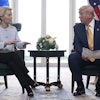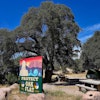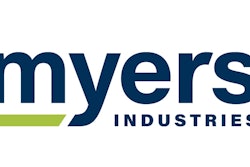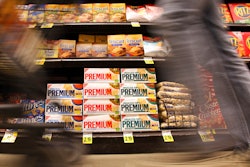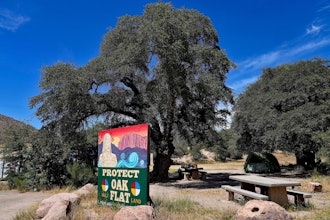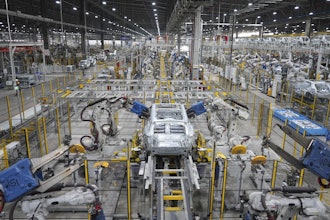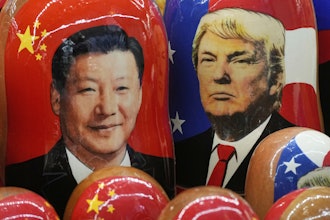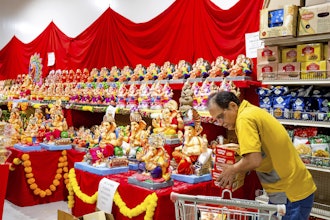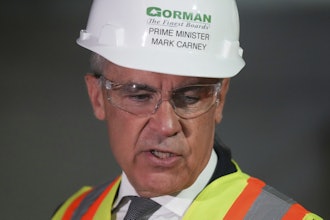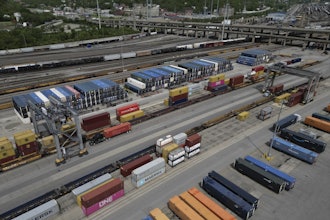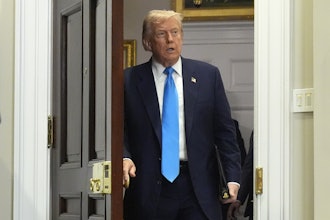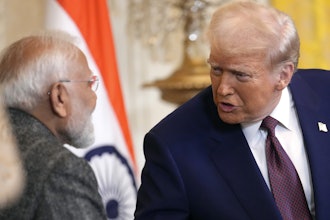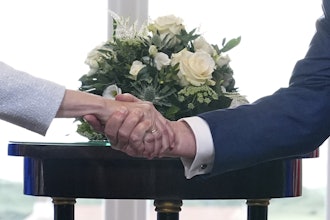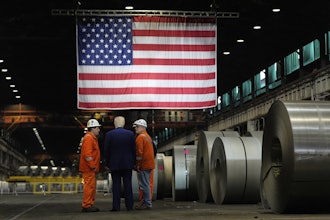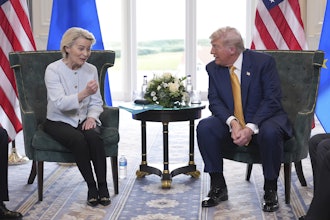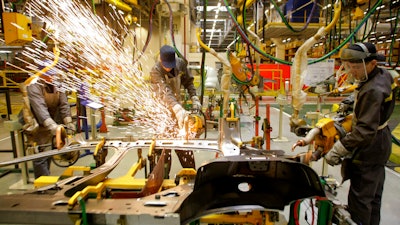
PARIS (AP) — French automaker Renault plans to pause production at its Moscow plant in an apparent move to fend off mounting criticism, breaking ranks with other major French companies that have defied pressure to keep operating in Russia after it invaded Ukraine.
The company's board of directors voted Wednesday night to suspend “activities at the Renault Moscow plant." It came hours after Ukrainian President Volodymyr Zelenskyy accused the company and others in France of aiding Russia's war effort during an emotional virtual address to parliament.
Dozens of foreign multinational corporations have curtailed operations in Russia, amid sanctions imposed by the U.S. and its Western allies aimed at crippling the country's economy.
But some French companies have been notable for their reluctance to leave, underlining how it's often a point of pride for France — and its companies — to be more independent from the U.S. and United Kingdom when it comes to policy toward Russia. It's a stance that has started to unravel as the war grinds on.
Home improvement giant Leroy Merlin, supermarket chain Auchan and sporting goods retailer Decathlon are among high-profile brands that are refusing to stop their business in Russia. French energy company TotalEnergies issued a combative statement this week, saying it would stop buying Russian oil but warned that a hasty withdrawal would only benefit Russian partners.
French food giant Danone said Wednesday that it's continuing local production of essential dairy and infant nutrition products in Russia, saying it has a duty to Russians who rely on the company for food. Danone said it condemned the war and suspended Russian imports, exports and investments and doesn't expect to receive any profits from its Russian business.
It’s not just French companies feeling the heat. Swiss multinational food giant Nestlé sought to deflect stinging criticism with an announcement Wednesday that it will remove some brands from Russia, including KitKat candy bars and Nesquik milkshake powder, but will keep supplying “essential food.”
In his address to France’s parliament, Zelenskyy singled out some French companies, pleading for them to stop indirectly supporting the war against Ukraine with their presence in Russia.
“Renault, Auchan (and) Leroy Merlin must stop sponsoring the Russian war machine, and the murder of children and women, rapes, robberies and looting committed by the Russian army,” Zelenskyy said. “All companies must remember that values are worth more than profit.”
Renault, which is partly owned by the French government, had temporarily suspended production at its Moscow plant when the war erupted, blaming logistical problems, before reportedly resuming production days ahead of Zelenskyy’s French address. The factory makes Renault's Arkana, Kaptur and Duster SUVs and the Terrano model for its Japanese partner Nissan.
The carmaker’s failure to abandon its subsidiary Avtovaz — which represents the lion’s share of the group’s presence in Russia — means it will likely keep facing pressure. Last year alone, Renault sold almost half a million vehicles through its Russian subsidiary.
Renault said it is not immediately withdrawing but merely “assessing the available options, taking into account the current environment, while acting responsibly towards its 45,000 employees in Russia.”
Leroy Merlin has been more intransigent than Renault and — like Auchan and Decathlon — refuses to shutter its Russian business. In a statement, Leroy Merlin's management reaffirmed its desire for its Russian stores to stay open in a decision backed by French regional political leadership.
Not even the destruction of a Leroy Merlin store in Kyiv by a Russian bombardment on Sunday night was enough to make parent company Adeo reconsider its position. Ukraine’s Defense Ministry also accused the chain of indirectly financing the strike by operating in Russia.
The “maintenance of our activity in Russia is a decision which is not easy,” the company said. “We have no reason to condemn our Russian teams for a war they did not choose," adding that it still has “responsibility as an employer.”
TotalEnergies slammed what it called “serious and unfounded accusations of ‘complicity in war crimes’” leveled against the company. It said sanctions, combined with Russian laws governing foreign investments, prevented it from finding a non-Russian buyer for its minority stakes in several private Russian energy companies.
“Abandoning these interests without consideration would enrich Russian investors, in contradiction with the sanctions’ purpose," the company said.
TotalEnergies said it can't avoid buying Russian liquefied natural gas to supply Europe in the short term, citing the continent's “gas logistics capacities," and noted that it doesn't have the same domestic resources as countries like the U.K. and U.S.
On Thursday, hackers using the Anonymous name claimed to have taken down the websites of Auchan, Leroy Merlin and Decathlon in Russia. All appeared to be nonfunctional for at least part of the day.


